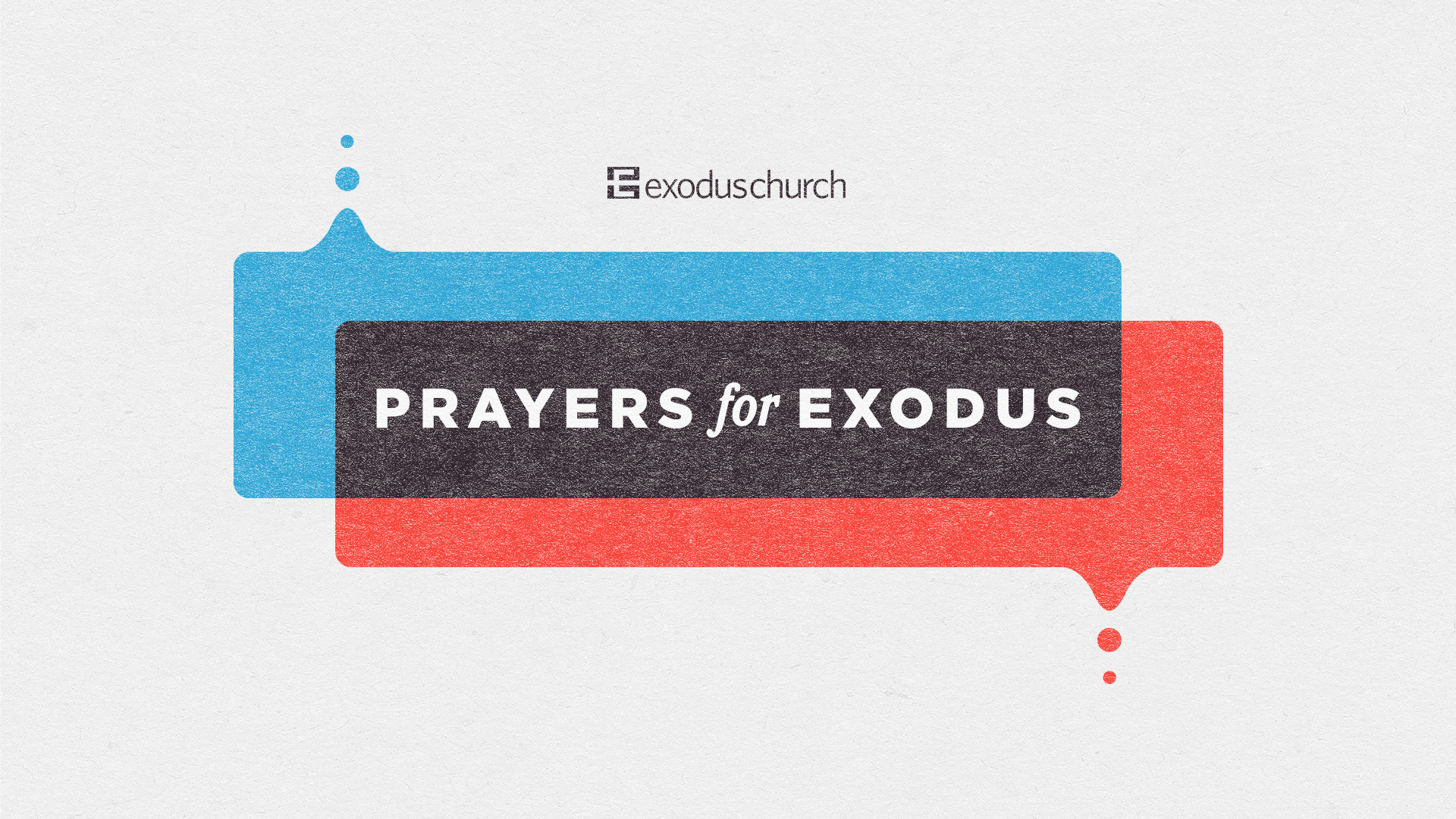From the beginning, Exodus Church has sought to be a redeemed people who worship and serve God in the world as a gospel-centered community on mission with Jesus. On this journey our goal has been and always will be for the Bible to be our final authority for faith and practice. The Bible is not our only guide, but it is the final authority. What it says, we seek to do. Where it directs, we seek to follow. Because we are a people purchased by Jesus, we want to defer to what He has said in determining how we live out His mission.
The Bible is not silent about how a church is to be led. In 1 Timothy 3, Paul speaks of elders (also called pastors) and deacons. Elders serve the church by leading, shepherding and overseeing the church. Deacons lead in the church by assisting the elders so that Jesus’ mission is fulfilled. A biblically faithful church will be moving toward a leadership structure that reflects both of these roles.
Some contemporary churches have a single pastor and a board of deacons—a structure which presents a few problems. First, the Bible speaks of a plurality (team) of elders rather than one man serving as the lone pastor[1]. Second, this model confuses the biblical role of deacons by effectively making them functional elders, only with a different title. As we understand the Scriptures, a biblically faithful church will be moving toward a leadership structure including the roles of both elders and deacons.
In studying this topic you will notice that for different stage churches, Scripture does vary the prescription for depth of leadership. For example, while Paul commands Titus to appoint elders, he does not mention deacons in that instance[2]. To understand why, we must look at the historical context. In Titus’s case, he is a church planter starting a new work in Crete. However, when we turn to the example in 1 Timothy, we see in that case he is commanded to appoint both elders and deacons in Ephesus[3]. Once again, looking at the historical context, we see that Timothy is pastoring an older, more established church. This is a solid example in the Pastoral Epistles where we witness faithful churches being commanded to move toward a biblical leadership structure. At the same time, we also see Scripture accommodating varying stages of development and growth.
During our short journey together at Exodus, and as the church has grown and developed, in obedience we have been moving toward this biblical leadership structure.
After appointing elders in 2011, our process continued by moving on to study and discuss the role of deacon. Our goal as the men given the responsibility of care and oversight[4] is to be thorough in our study and biblical in our conviction. This series of posts (also available as a position paper) is the distillation of our study, prayer and conversation over the last two years. [5]
[1] For more on this, read Elders at Exodus.
[2] Titus 1:5
[3] 1 Timothy 3:8-13
[4] 1 Peter 5:2
[5] In the final post of this series, we will post links to some of the resources we used in our study.



